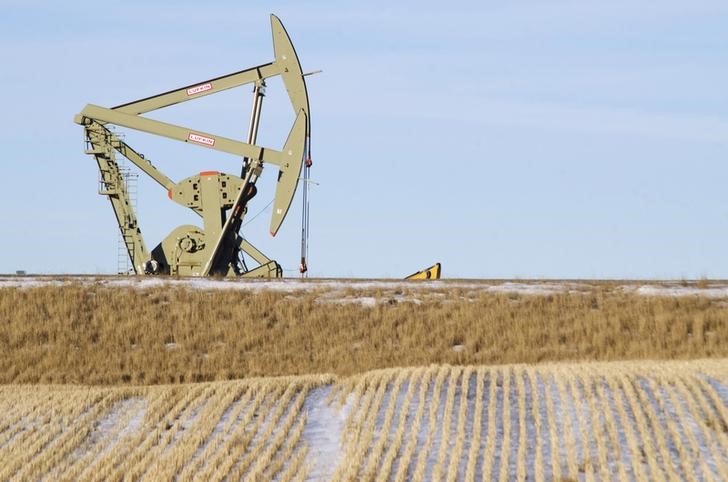
Investing.com– Oil prices rose in Asian trade on Thursday as expectations of supply disruptions in the wake of Hurricane Francine helped offset persistent concerns over slowing global crude demand.
Hurricane Francine made landfall in Louisiana on Wednesday after passing through the Gulf of Mexico, where several oil firms limited or suspended operations in the storm’s path.
Expectations of tighter supplies helped crude rebound from near three-year lows hit earlier this week, although this rebound rally now appeared to be running out of steam.
expiring in November rose 0.3% to $70.83 a barrel, while rose 0.3% to $66.78 a barrel by 21:02 ET (01:02 GMT).
US inventories grow less than expected, product stockpiles surge
Limiting crude’s advance was government data showing a bigger-than-expected increase in and stockpiles in the week to September 6.
While overall saw a slightly smaller-than-expected build, the increase in product inventories raised some concerns that U.S. fuel demand was cooling with the end of the travel-heavy summer season.
The inventory data also added to concerns that a weakening U.S. economy will result in softer fuel consumption over the coming months. Fears of a U.S. recession were a major weight on oil prices through the past week.
Some stronger-than-expected released on Wednesday sparked bets on a smaller interest rate cut by the Federal Reserve in September. This notion boosted the dollar, which also weighed on crude prices.
IEA report awaited after OPEC cuts demand forecast
Focus on Thursday was also on an upcoming monthly report from the , for any more cues on a weaker demand outlook.
The report comes just days after the Organization of Petroleum Exporting Countries cut its forecast for oil demand growth in 2024 and 2025, citing weaker trends in top oil importer China.
Weak economic data from China added to anxiety over oil this week, as the country’s overall grew at a slower-than-expected pace.
While China’s oil imports rebounded sharply in August, analysts said the rise was fueled largely by weaker oil prices, rather than improved demand.
Other readings from China showed the economy remained under pressure through August.

